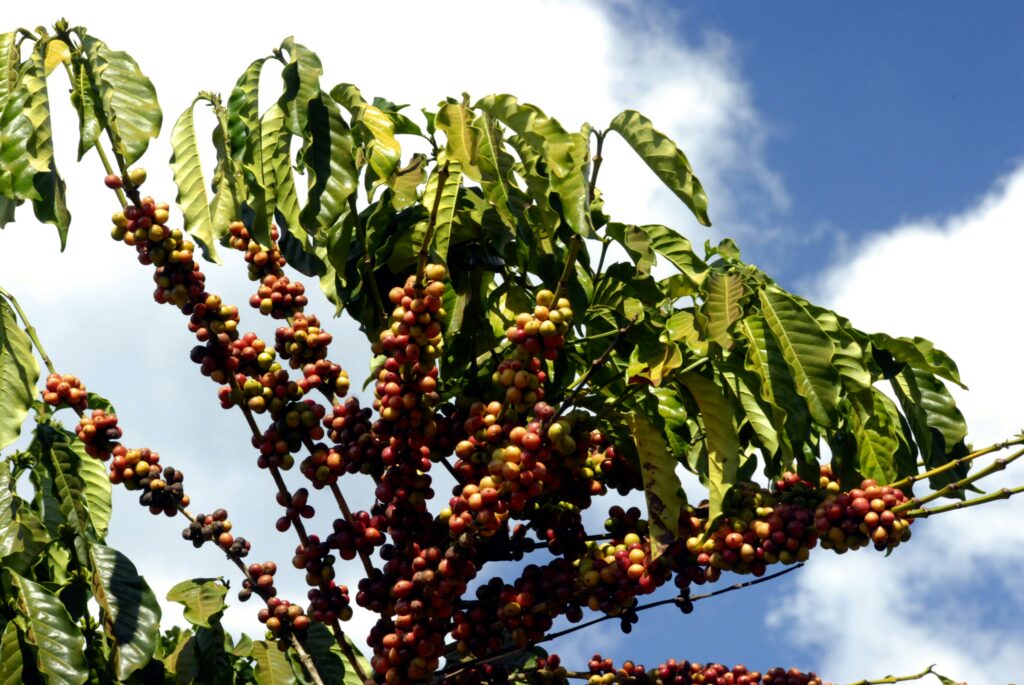Have you ever thought about the environmental impact of your morning cup of coffee? It turns out, your beloved brew may be contributing to deforestation and habitat destruction.
The coffee industry is infamous for its reliance on monoculture farming practices, where vast areas of land are cleared to make way for coffee plantations. This not only destroys valuable ecosystems but also contributes to soil degradation and water pollution.
According to a recent report by the National Coffee Association, over 2.25 billion cups of coffee are consumed worldwide every day, resulting in a huge demand for coffee beans. As a result, coffee producers are under pressure to increase their yields, leading to unsustainable farming practices.
In response to these challenges, some coffee companies are turning to more sustainable practices. Companies like Starbucks and Nespresso are working with farmers to implement shade-grown coffee, which helps preserve biodiversity and soil health. Additionally, certifications such as Fair Trade and Rainforest Alliance are helping consumers identify coffee that is produced in an environmentally and socially responsible manner.
While these efforts are commendable, the coffee industry still has a long way to go in terms of sustainability. As consumers, we have the power to drive positive change by supporting companies that prioritize environmental conservation and ethical practices. By choosing sustainable coffee options, we can enjoy our daily caffeine fix while also protecting the planet for future generations.



